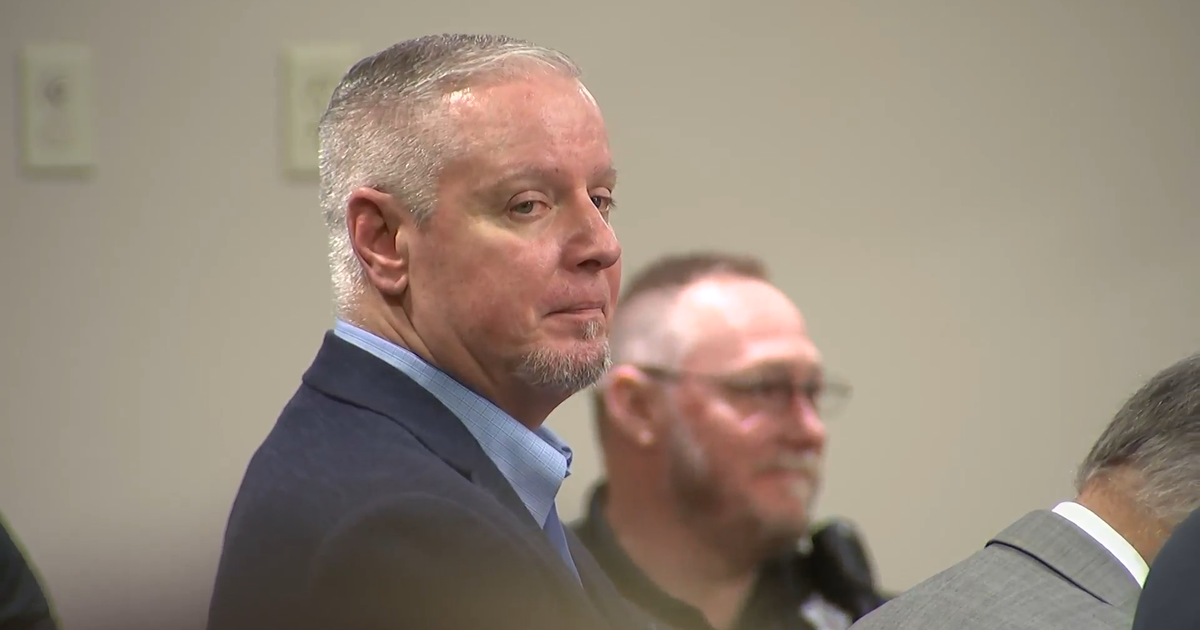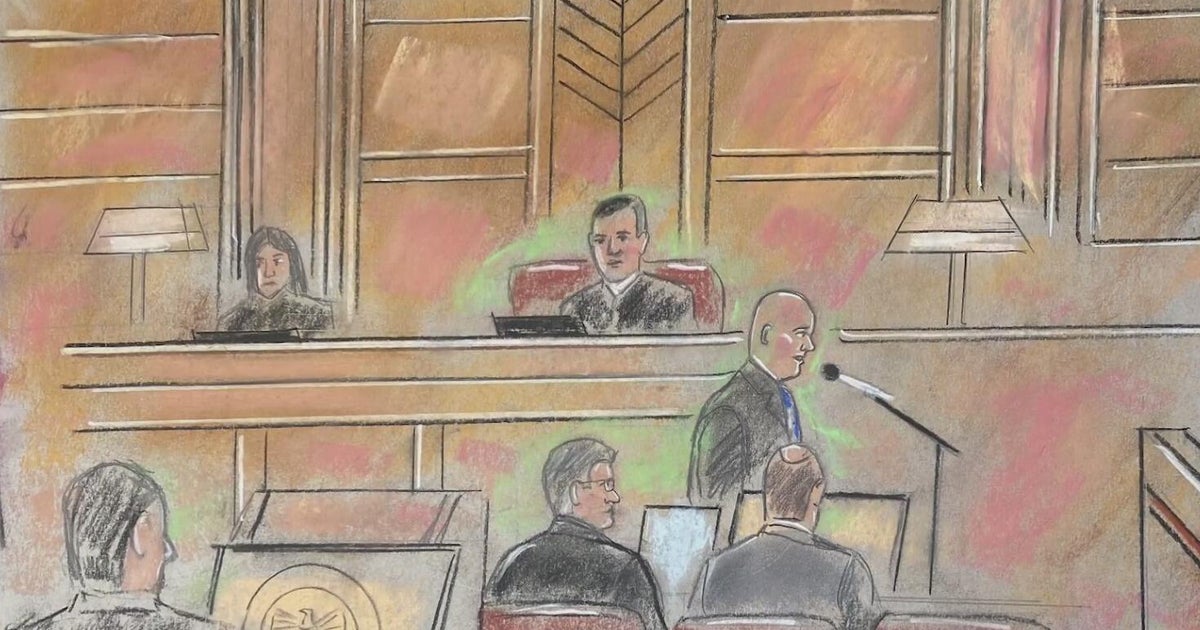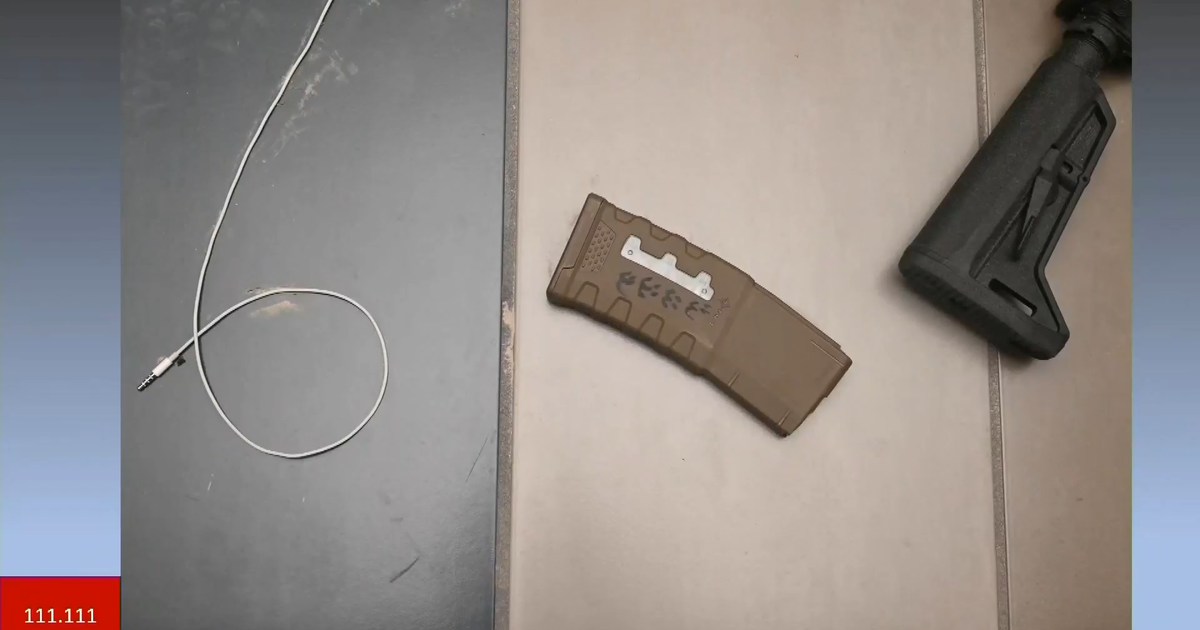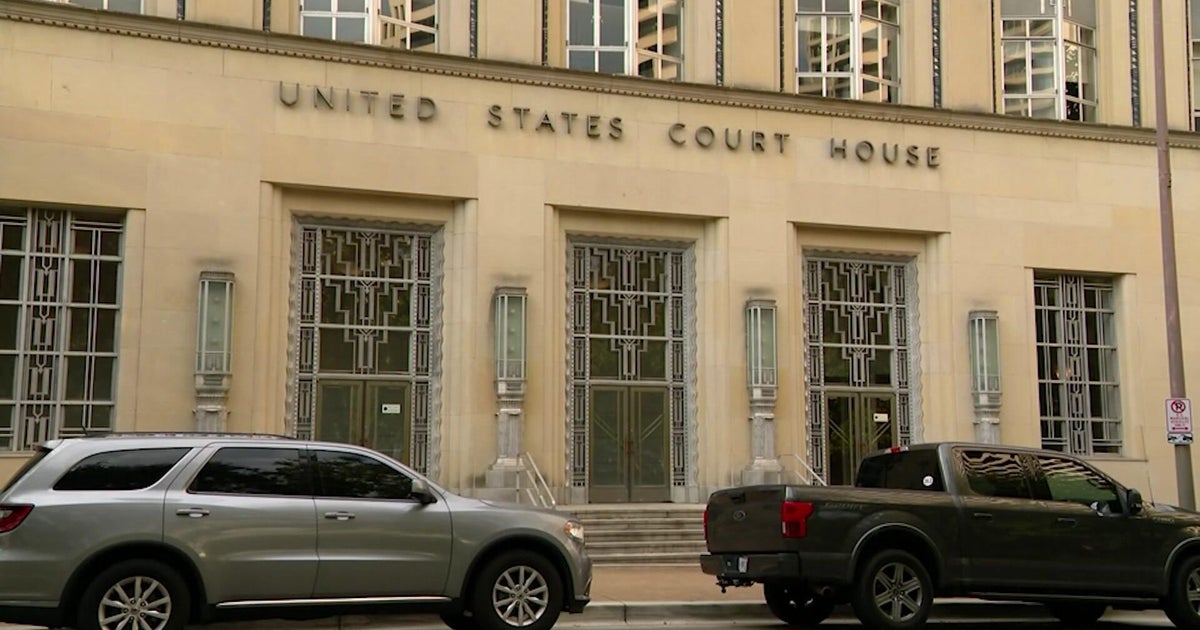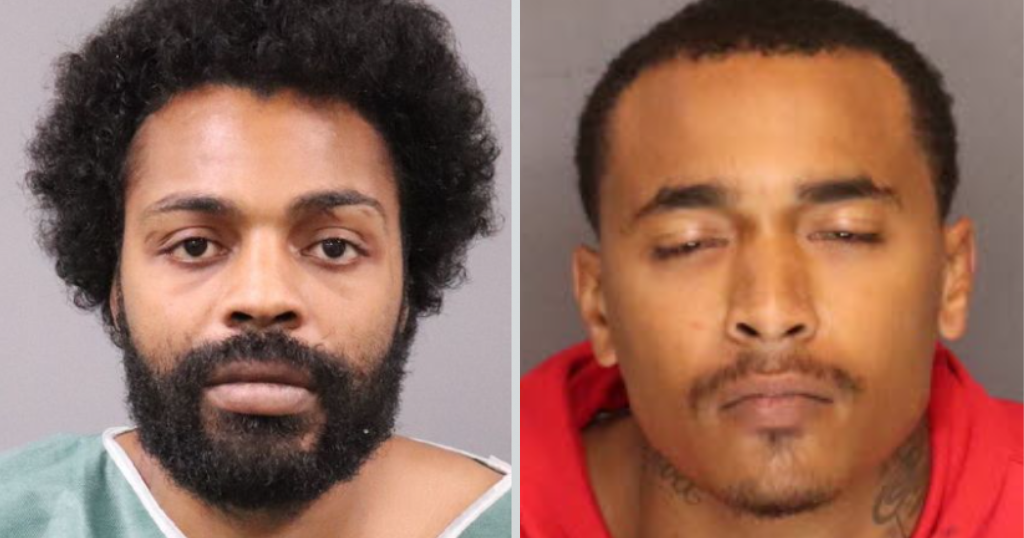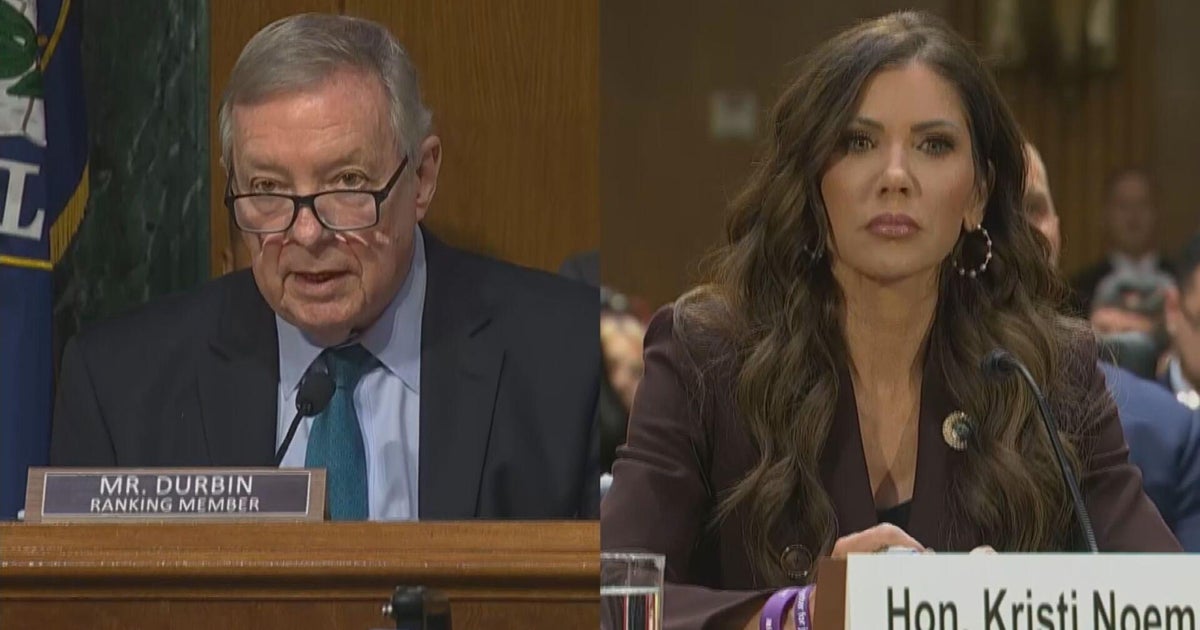Forensic psychologist who interviewed Pittsburgh synagogue shooter testifies
PITTSBURGH (KDKA) -- The penalty phase of the Pittsburgh synagogue shooting trial resumed at the federal courthouse Thursday morning with the defense and prosecution sparring over the convicted gunman's mental state.
The defense team is trying to convince jurors that Robert Bowers should be spared the death penalty due to his history of mental impairments.
The synagogue gunman expressed no remorse for the murder of 11 defenseless worshippers. A defense witness testified he was disappointed he didn't get a parade in his honor.
"He saw himself as a warrior. He felt hurt that there was no parade for him for his warrior-like behavior," recounted Dr. Richard Rogers. "He really felt there should be some adulations. He also wanted medals."
Rogers, a forensic psychologist from Denton, Texas, who interviewed the defendant four times after the mass shooting, testified the gunman is a schizophrenic who embraced wild antisemitic conspiracy theories.
Rogers said the gunman "absolutely believed" he was helping to save the white race by attacking the synagogue and killing Jews who he said were helping immigrant invaders to enter the country to kill white children.
On the fourth day of the penalty phase of the trial, the defense is trying to convince the jury to spare the gunman's life, presenting evidence his delusional mental state made him unable to form a true intent to kill, a requirement for the imposition of the death penalty.
Over the past week, government prosecutors have poked holes in these claims. U.S. Attorney Eric Olshan focused on how carefully the gunman planned the attack over several months, and how he took pains to cover his tracks, including a program to automatically wipe his computer after the attack. Olshan cited these details as signs he was mentally competent.
The prosecution has maintained that Bowers acted not out of mental illness but out of hate. Olshan said his beliefs are held by many white supremacists and not necessarily signs of schizophrenia, asking Rogers: "Are you saying that all of these people who hold these beliefs are delusional?"
In the course of their interviews, the gunman told Rogers about his months of planning the attack. Olshan focused on those details and how the gunman took pains to cover his tracks -- including a program to automatically wipe his computer after the attack, citing this attention to detail as a sign of the gunman's mental competence.
Instead Olshan focused on his hate.
Rogers says he laughed when he told him he had parked in a handicapped spot outside the synagogue before the massacre. And Bowers told him he was pleased with his actions but "a bit disappointed" he hadn't killed more people. He killed 11 people -- which he called a Yiddish dozen.
Olshan asked: "Is that a common trope about Jewish people being cheap ?"
"I believe it is," Rogers said.
"Was he laughing when he said that to you ?" Olshan asked. "He often has a small smile on his face," Roger said. Earlier this month, the gunman was convicted and found guilty of all 63 federal charges he was facing for the attack at the Tree of Life synagogue on Oct. 27, 2018, when he killed 11 worshippers from three different congregations, Tree of Life, Dor Hadash and New Light. It was the deadliest antisemitic attack in U.S. history.
Recapping the penalty phase
On Wednesday, a medical expert testified that the convicted gunman is schizophrenic, epileptic, and has repeatedly tried to kill himself since childhood, starting when he was ten years old.
Prosecutors challenged the diagnoses of epilepsy and schizophrenia.
They also produced a psychiatric report from the Allegheny County Jail following the shooting, which said the defendant appeared rational, had no suicidal thoughts, and showed no signs of delusion.
Support is available for those in need during the trial
If you or someone you know is experiencing mental health effects from the trial, go to 1027healingpartnership.org to find help resources. As always, call 911 to report threats.
Phone: 412-697-3534
Email: info@1027HealingPartnership.org
Website: 1027healingpartnership.org
More resources can be found here.
Editor's note: This story references suicide. If you or a loved one is in crisis, call the National Suicide Prevention Lifeline at 988.

